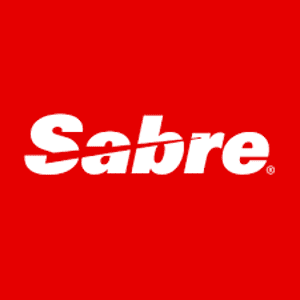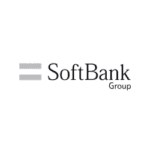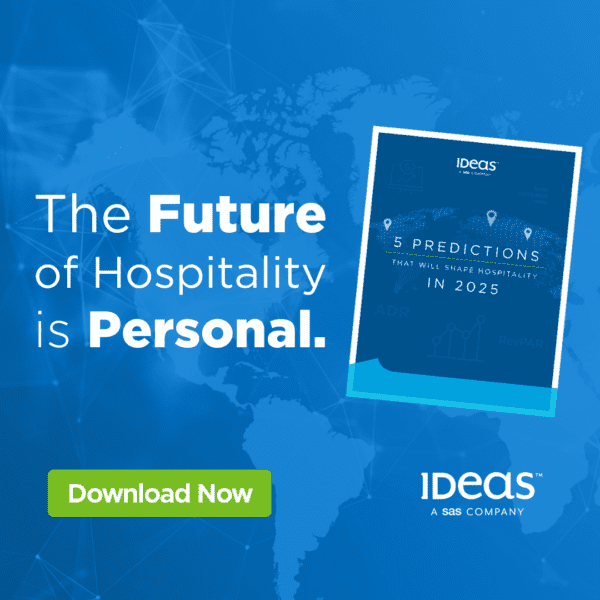 Imagine your hotel as the must-book destination everyone’s talking about. That’s the power of the Fear of Missing Out (FOMO)—a crucial driver behind today’s booking behaviors.
Imagine your hotel as the must-book destination everyone’s talking about. That’s the power of the Fear of Missing Out (FOMO)—a crucial driver behind today’s booking behaviors.
To capitalize on this trend, you need to be ahead of the game with the latest industry innovations. Here’s how to harness FOMO and keep your hotel at the forefront:
1. From experience to transformation: the new travel paradigm
Today’s travelers aren’t just seeking experiences, they’re looking for transformations. This shift is driving a new trend in the hospitality industry where guests are drawn to stays that promise personal growth, wellness, or a meaningful change. Whether it’s through immersive cultural exchanges, wellness retreats, or eco-conscious travel, the desire for transformational experiences is redefining the hotel stay.
Putting it into practice:
- Design transformative packages: Develop packages that offer more than just a stay—think wellness programs that include guided meditation, nutrition workshops, or sustainability-focused activities. Market these as exclusive, limited-time offers to tap into FOMO.
- Partner with local experts: Collaborate with local guides, wellness coaches, or cultural ambassadors to create unique, transformative experiences that guests can’t find elsewhere. Highlight these partnerships on your website and social media.

The Soneva Resorts in the Maldives offer a “Barefoot Luxury” experience, where guests engage in activities like marine conservation and stargazing with in-house astronomers. This kind of unique, transformational experience often sees repeat bookings and long waiting lists, driven by the fear of missing out on such exclusive offerings.

2. The social media “Inception”: creating FOMO through content seeding
Social media has become a powerful tool in creating FOMO, but the strategy is evolving beyond simply sharing content. The new trend is “content seeding,” where you subtly introduce experiences, packages, or exclusive events through influencers or key guests without overt promotion. This organic approach feels more authentic and can create a stronger sense of FOMO among potential guests.
Putting it into practice:
- Seed content with micro-influencers: Collaborate with micro-influencers who have a strong, niche following that aligns with your hotel’s target demographic. Provide them with exclusive access to new features or events and encourage them to share their experiences organically.
- Create shareable moments: Design your hotel spaces and events with social media in mind. Whether it’s an Instagrammable rooftop bar, a visually stunning spa, or unique in-room amenities, these moments should be crafted to encourage guests to share their experiences online, thus organically spreading FOMO.
3. Seamless integration of technology: beyond the basics
While mobile booking optimization and AI-driven personalization are essential, the latest trend is the seamless integration of technology throughout the entire guest journey. From check-in to check-out, guests expect a smooth, tech-enhanced experience that feels effortless.
Putting it into practice:
- Contactless everything: With the ongoing emphasis on health and safety, contactless technology is not just a trend—it’s a necessity. This includes everything from mobile check-ins and digital room keys to contactless payment options at your on-site restaurants.
- Smart room technology: Equip your rooms with smart technology that allows guests to control lighting, temperature, and entertainment through a single device. This can be integrated with AI assistants for an even more personalized experience.

4. The shift to direct booking: building loyalty through exclusivity
The battle between OTAs (Online Travel Agencies) and direct bookings is intensifying, with more hotels striving to shift bookings directly to their own platforms. The key trend here is exclusivity—offering something that guests can only get by booking directly through your website. This could be anything from price guarantees to exclusive experiences, but the goal is to create a compelling reason for guests to bypass the OTAs.
Putting it into practice:
- Exclusive member perks: Create a loyalty program that offers perks like room upgrades, early check-ins, or exclusive experiences that are only available through direct bookings. Emphasize these benefits in your marketing to create a sense of FOMO for those booking through OTAs.
- Dynamic pricing for direct bookings: Implement dynamic pricing models that offer lower rates or added value for guests who book directly. For instance, a guest booking through your website could receive a complimentary breakfast or a discount on spa services.
5. Sustainability and ethical travel: not just a trend, but a movement
Sustainability is no longer just a buzzword; it’s a movement that is gaining traction, especially among younger travelers. Hotels that can authentically incorporate sustainability into their operations stand to attract a loyal following of eco-conscious guests. The FOMO here comes from the desire not to be left behind in a movement that is quickly becoming the standard rather than the exception.
Putting it into practice:
- Transparency in sustainability practices: Be open about your sustainability efforts, from sourcing local, organic ingredients for your restaurants to implementing water conservation programs. Use this transparency to build trust and create FOMO among guests who are passionate about ethical travel.
- Carbon offset programs: Offer guests the option to offset the carbon footprint of their stay. This could be through a partnership with environmental organizations or by investing in local conservation projects.

6. Data privacy and trust: the new currency in guest relations
As personalization and data-driven strategies become more sophisticated, the issue of data privacy is becoming increasingly important. Guests are more aware than ever of how their data is being used, and they want to feel that they can trust the brands they engage with. The FOMO element here is about trust—guests don’t want to miss out on a personalized experience but they also don’t want to compromise their privacy.
Putting it into practice:
- Transparent data practices: Clearly communicate how you collect, store, and use guest data. Provide options for guests to control their data and make it easy for them to understand the benefits of sharing their information.
- Secure technology: Invest in robust cybersecurity measures to protect guest data and make these efforts known to build trust. Highlighting your commitment to data privacy can differentiate your hotel in a crowded market.
Conclusion: stay ahead by embracing change
The hospitality industry is in a constant state of flux, and those who stay ahead of the trends will be the ones to succeed. By understanding and implementing the latest booking trends influenced by FOMO—whether through transformative experiences, AI-driven personalization, or sustainability—you can not only increase bookings but also build a loyal customer base that values what your hotel offers.




















